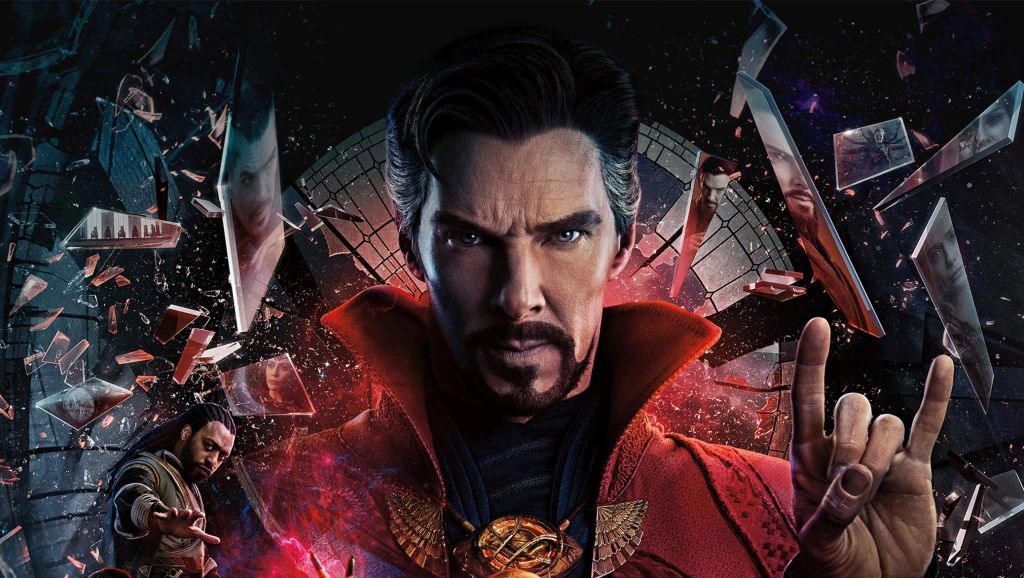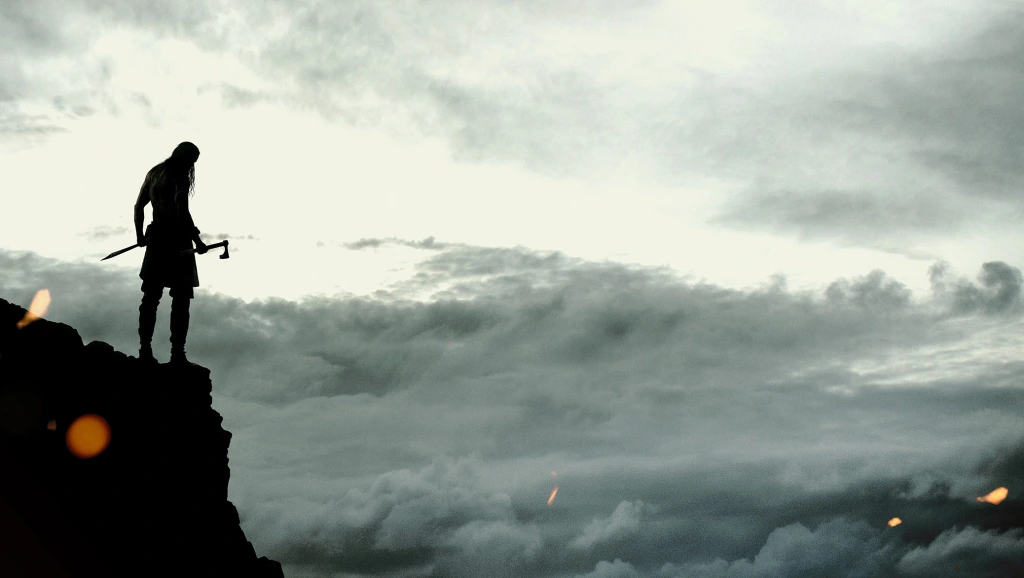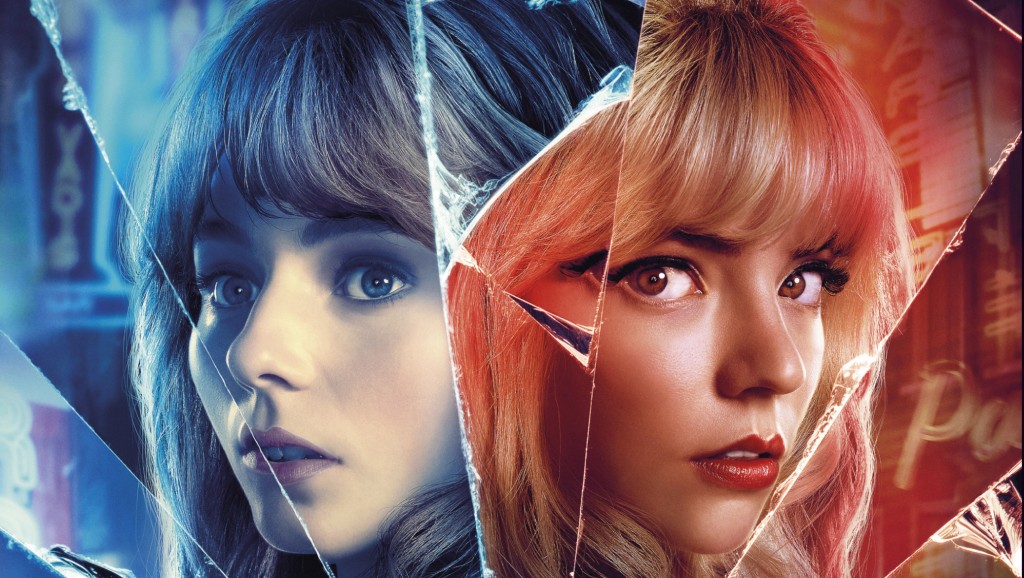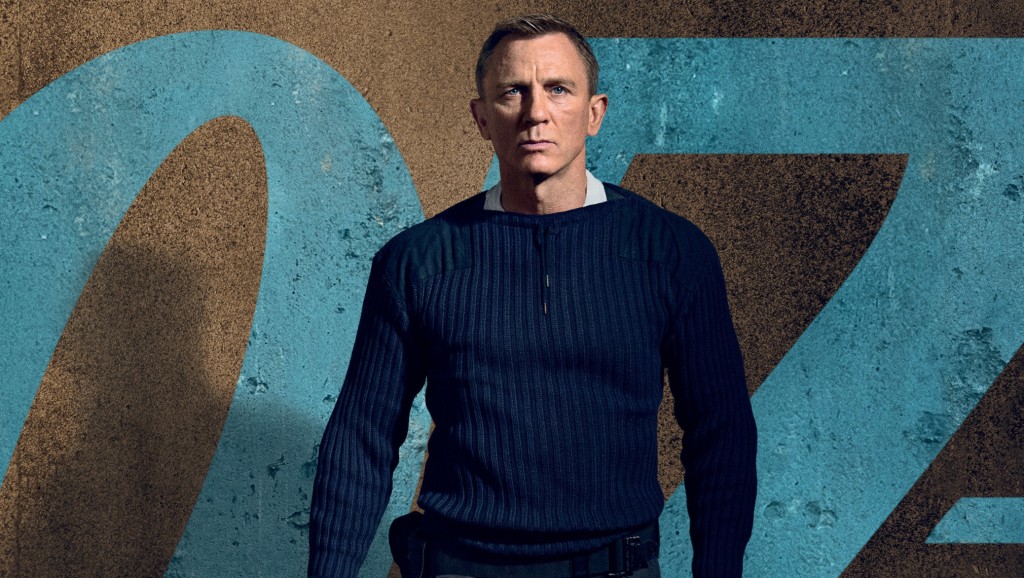
We currently live in a world of cinematic universes – a cross-pollination of ideas and titular characters realised for the big screen. Operating like extended TV episodes, these ‘universes’ visualise a dream coming true – characters coming together to battle a shared truth or to tease future endeavours. We’ve seen this recently expressed in the Marvel Cinematic Universe (MCU), the Detective Comics Extended Universe (DCEU) and of course the King of the Monsters universe with the upcoming King Kong and Godzilla film.
But it would be naive to think that cinematic universes are a brand new concept. In Hollywood terms it’s merely recycling what has gone before. While I wouldn’t necessarily call it a universe but Universal certainly pioneered the horror genre with their monster classics. From Bela Lugosi’s Dracula to Boris Karloff’s The Mummy, they’ve set a standard that most horror films today owe a lot to. So successful was this period, it critically and financially allowed the studio to expand and incorporate other genres and sequels. The comedic duo Albert and Costello certainly benefited from this transition, starring in five horror-comedy films between the 1940s and the 1950s. Prominent stars of Lugosi, Chaney, his son Chaney Jr. and Karloff reprised their famous roles in their genre crossing adventure.
Fast forward to 2017 and the concept of Universal’s greatest characters are being re-imagined. Dark Universe is that forged attempt to unite the classic films of The Mummy, The Invisible Man, Dracula, Frankenstein, The Wolf Man, The Bride of Frankenstein, Phantom of the Opera and The Creature From the Black Lagoon.
There’s a danger announcing a universe when the first film to kick-start the whole process has no successful guarantees, or even more challenging, whether there’s an audience appetite for it.
Sadly in the case of The Mummy (2017), it should have remained buried.
“Whatever’s in there has been safely hidden for two thousand years. This isn’t a tomb, it’s a prison” – Jenny Halsey
It may feel a little unfair to compare this new incarnation with the 1932 classic with Boris Karloff or the 1999 version directed by Stephen Sommers, but it’s only to highlight how good they were in understanding its concept versus the latest version which fails in every conceivable way.
The Mummy (2017) is a strange and uneven watch. Considering that the last film most of us watched at the cinema would have been the brilliant Wonder Woman, The Mummy (2017) is stale in comparison, a regressive relic of ideals on what makes a good, entertaining film. Of course not all films are perfect but in this particular case, it’s generic and by the numbers with the exposition attitude of “we’ll just do enough to get by” instead of elevating our imagination.

For a film that’s supposedly meant to be about the mummy, sadly for actress Sofia Boutella, her role is overshadowed. It’s a shame because despite not necessarily bringing anything new to the franchise (if you’ve seen the previous Mummy films you know what they’re capable of), but her dance background certainly gave her a unique presence. However the film fails to utilise that performance. She’s a background character given very little to do in terms of action or dialogue, a style over substance act. There’s a couple of reasons to explain this. One is very obvious which I will eventually get to. But the other reason is focussed on Princess Ahmanet’s history.
Whatever version of The Mummy you’ve seen, there’s no denying the magic and allure of Imhotep’s presence. In the 1932 version, it’s the intense close up of Karloff’s face and the film’s lack of a musical score in between scenes that sets the uncomfortable tone and mood of the feature. In the 1999 version, Arnold Vosloo’s motion-captured performance and the visual effects of the day illustrated how creepy and relentless a mummified corpse can be. But if there’s one thing that unites both films is love…a forbidden love in precise terms. Cursed, mummified alive and sent beyond the afterlife to a dark underworld, when Imhotep is resurrected, a singular thought drives him – to be reunited with his loved one Anck Su Namun. Of course evil things are part of the package, done in order to get to that point. In the 1999 version Imhotep was the bringer of plagues that enslaved the human population. Not afraid of murder, he takes revenge on those who were foolish enough to ignore the small print about cursed items! Despite never fulfilling his ritualistic ambitions, Imhotep’s emotive response certainly builds empathy. This is simply not a one-dimensional character who is evil for the sake of evil. Like Darth Vader, The Joker or any other villainous character you can think of, Imhotep’s intentions are built on a psychological complexity and compulsion. As simplistic the notion of bringing back to life a dead woman from centuries past, that’s what makes him memorable. He’s willing to do anything to make his world complete, even if it means the ultimate destruction of that world.
Princess Ahmanet is not given that same respect. Technically Sofia is not the first woman to play a female mummy, that accolade belongs to Virginia Christine playing Princess Anaka in The Mummy’s Curse (1944). But the opportunity to rewrite the Imhotep folklore, bringing it up to date for a new audience and shine a light on a female consciousness, is a missed one. There’s no point changing the mummy if the story is not going to live up to it. Ahmanet is given a very weak and generic story which involves her turning towards the dark arts, murdering her bloodline and a failed ritual that would grant her powers to rule the Earth. It’s fine as a starting block, laying the foundation but the film fails to build on that, leaving a neglected character that’s severely underwhelmed in terms of threat and purpose. In other words, where’s that emotive core that allows us to understand her intentions?
Chris Vail: “What do we do now?”
Nick Morton: “Where’s your sense of adventure?”
There’s something amazing re-watching the Stephen Sommers directed Mummy film. It takes liberties with the material but what it successfully accomplishes is the balance and tone of the feature. It’s consistent and breezy with its 30s homage of the fun and adventure of an Indiana Jones film, a delightful chemistry between Fraser, Weisz and Hannah but most importantly still encompassing a threat and mystery that the mummy is associated with thanks to Vosloo. The special effects may be a little outdated and has all the hallmarks of a summer blockbuster but you can’t deny the guilty pleasure qualities that it possesses.
The Mummy (2017) has all the dreamscape visuals but the film seemed more concerned in setting up the Dark Universe instead of delivering an actual Mummy film. What doesn’t help is the characters and while Tom Cruise shouldn’t be entirely blamed (as I believe it’s always a collective responsibility) but he’s also part of the problem.

Instead of the focus being on Princess Ahmanet, our focus and attention is centred on the character of Nick Morton (Tom Cruise), a Nathan Drake (Uncharted video game) style persona of a treasure hunter in search of antiquities. The problem is, there’s nothing interesting or memorable about his character nor is there anything to connect with. The jokes fall flat like a stone falling into water and because the film seemed intent on playing fast and loose with every plot development, this centralised character vehicle that’s supposed to carry the film ends up being the very thing that kills it. The Mummy (1999) did not have big stars, especially in terms of Brendan Fraser (no offence) but his expressive animated face and charisma fitted in with the tone of the film. Tom Cruise in a Mummy film just looks like a greatest hits of his character traits, a Mission Impossible film but with a supernatural element – The Mummy Impossible.
It’s not to say big name stars can’t carry films. That idea has been going on as far back to when Hollywood first started. But if there’s one thing universes have highlighted whether it’s The Avengers or Justice League is the ensemble, moving past that old film adage. The quality of the film will differ sadly depending on your taste but the believable chemistry between the cast is essential. In The Mummy (2017) it is abandoned and non-existent. Its full weight of power is given to an undeserving character of Nick Morton leaving the film incredibly unbalanced. The character of Chris Vail (Jake Johnson) is supposed to be the comic relief. Jenny Halsey (Annabelle Wallis) is supposed to be the smart archaeologist. Yet both characters never develop, their perspectives changing constantly. At least Evelyn in the 90s remake showed a level of female empowerment by dismaying doubters and to become more than just a librarian. Chris and Jenny (like Ahmanet) are sidelined with very little chemistry with the lead star. The lack of characterisation makes Kong: Skull Island, Guardians Vol. 2 and Alien Covenant look like masterpieces.
The real issue with The Mummy (2017) comes down to its script. With six writers involved – three for the story (Jon Spaihts, Alex Kurtzman and Jenny Lumet) and three for the screenplay (David Koepp, Christopher McQuarrie and David Koepp), The Mummy (2017) is a film that doesn’t know what it wants to be with its tone shifting all over the place. A faithful homage is paid to the 30s original yet wants to be the action adventure of the 90s remake. Arrogant in its approach, this identity struggle becomes a subconscious transformation into a Mission Impossible film, hinged on one highly talked about stunt. The film jumps around from set piece to another that it doesn’t take the time to settle down. When it tries to, it’s filled with dull exposition. Instead of trying to be a best of both worlds scenario, what this film should have done is gone back to basics, returning to its horror defining genre set by its 30s predecessor. It should have explored the artful mystery of The Mummy which was sorely lacking in the new release. The Mummy could have been an intense, frightening affair, stamping its own mark which would have made it distinctive. It would have been a departure from the joke/false scares that the 1999 version incorporated. But because it goes down the action route, there’s a clear abandonment which results in a film that’s neither scary or engaging.
Director Alex Kurtzman recently said in an interview that the film was made for the fans and not the critics. It’s a tired and old excuse of an argument that manages to be divisive to both critics and fans. It’s suggesting that critics are not fans (which they are) but it’s also questioning the intelligence of the audience. Not every film can be a masterpiece and undoubtedly there’s untold pressures just to get a film made and on schedule but having a good product with a good solid script should always be the start. It’s the least that is expected. Because by the end of this film you might wonder what is the point of the Dark Universe. With its conflicting ambitions, The Mummy (2017) never makes a case on the necessity. What scenario will bring the classic monsters together? Time will tell of course but this film just exists and does nothing more.
There’s no curse about this. It’s one of the most uninspiring films of the year.






Don’t Be Shy – Leave a Reply